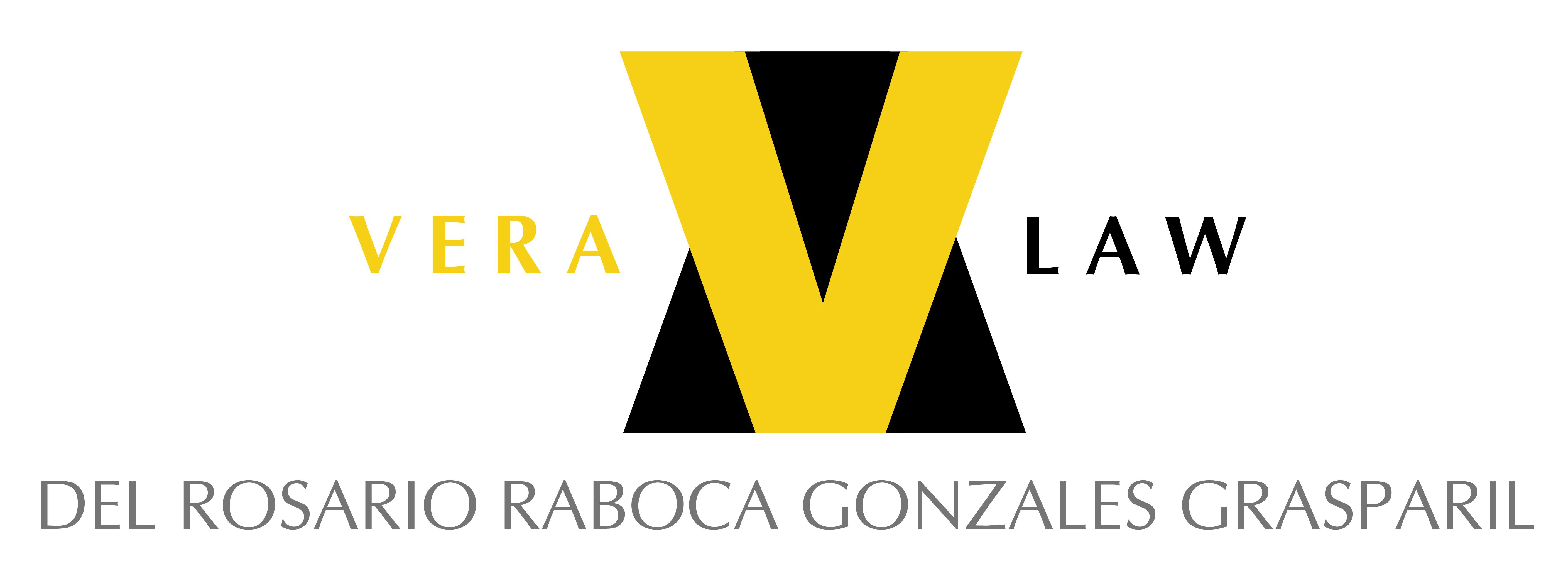What is the liability of arrastre operators in case of loss or damage of the goods ?
In Asian Terminals, Inc. v. Allied Guarantee Insurance Co., Inc. (G.R. No. 182208, 14 October 2015), a shipment 72,322 lbs. of kraft linear board were offloaded by the arrastre, Marina Port Services, Inc. (“Marina”), the predecessor of petitioner Asian Terminals, Inc. (“ATI”). Said goods were shipped on board the vessel M/V Nicole, which was operated by Transocean Marine, Inc. (“Transocean”), represented in the Philippines by Philippine Transmarine Carrier, Inc. (“Philippine Transmarine”).
After offloading, a total of 158 rolls of the goods were damaged during shipping. An additional 54 rolls were found to have been damaged while in the custody of Marina and San Miguel’s broker, Dynamic Brokerage Co. Inc. (“Dynamic”). The insurer, Allied Guarantee Insurance, Co., Inc. (“Allied”) paid the consignee the value of the damaged goods. Allied sued Transocean, Philippine Transmarine, Dynamic, and Marina for damages.
The trial court held Transocean liable for the 158 rolls of damaged goods for failure to observe the necessary precautions and extraordinary diligence as a common carrier to prevent such damage. Marina and Dynamic were also held liable for the additional 54 rolls of the goods that were damaged while in their respective possessions. This ruling was affirmed by the Court of Appeals.
ATI, as successor of Marina, elevated the foregoing matter to the Supreme Court, and insisted that it is not liable for the damaged 54 rolls. ATI claims that the appellate court failed to appreciate the Turn Over Survey of Bad Order Cargoes and the Requests for Bad Order Survey which, in essence, showed that the goods were received by Dynamic “in good order and condition without exception” and that only 158 rolls were damaged.
In ruling against ATI, the Supreme Court reiterated the hornbook doctrine that, in the performance of its obligations, an arrastre operator should observe the same degree of diligence as that required of a common carrier and a warehouseman. Accordingly, an arrastre operator must prove that the losses were not due to its negligence or of its employees, and must prove that it exercised due care in handling the goods. This burden, however, was not established by ATI and it was found that the additional damage of the 54 rolls occurred: (1) while the goods were in its custody of ATI; (2) when they were in transition from ATI to Dynamic; and (3) during Dynamic’s custody.
Finally, the Supreme Court disregarded ATI’s heavy reliance on the Turn Over Survey of Bad Order Cargoes and the Requests for Bad Order Survey. The Supreme Court said that, The signature by a customs broker’s representative of “receipt in good order” does not preclude a consignee and/or subrogee from proving additional loss or damage to the goods while the same was under the custody, control, and possession of the arrastre operator.

